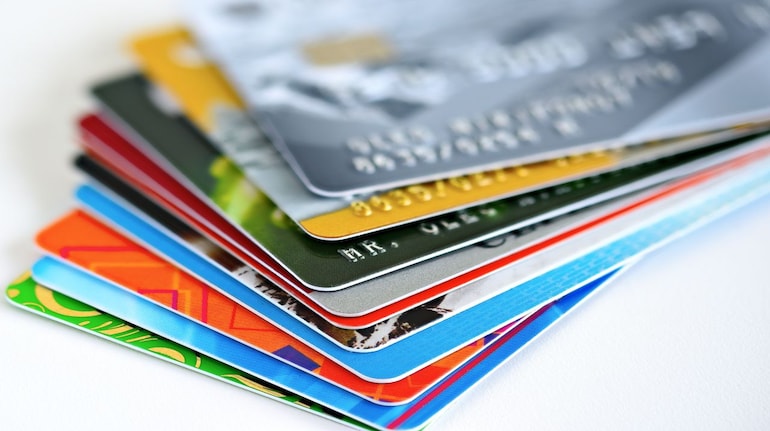



Most major banks do not see the RBI direction to stop bilateral partnerships for credit card bill payments from July as an issue as around 70 percent of customers still use banking channels as the primary settlement method.
The banking channels are bank websites and apps, apart from standing instructions for automatic bill payments.
The central bank required all credit card bill payments to be routed through the Bharat Bill Payments System (BBPS) from July. This does not affect settlements made through banking channels or standing instructions (SI) for automatic deductions.
Credit card bill payment app Cred is also likely to see a minimal impact as the fintech uses multiple channels such as Immediate Payment Service (IMPS) and National Electronic Funds Transfer (NEFT) for a large segment of the credit card bill payments made through the app.
“Around 95 percent of the credit card bill payments are settled between banking channels, SI, Cred and BBPS, which ensures that there will be hardly any disruption in bill payments,” says a senior banker close to the regulator, who did not wish to be identified.
Outside of the banking channels and standing instructions, around 80 percent of credit card bills are settled using Cred, adds the banker.
Grey area“The RBI circular does not say anything about not being able to use authorised clearing houses and hence I dont think SIs, internet banking, mobile banking and channels which use IMPS and NEFT need to be discontinued,” the banker said.
The regulator’s restriction is only for bill payments through third-party aggregators like payment gateway as well as bilateral partnerships of banks with fintechs, the methods employed by PhonePe, Mobikwik and Amazon Pay, which is likely to be impacted by the RBI direction.
This interpretation is not shared by everyone. Another senior banker said that the RBI’s intention is to bring all bill payments under one roof and other than bank websites and apps, the rest will have to be routed through BBPS.
A founder of a fintech app that facilitates credit card bill payments on the platform said that the RBI’s intention is clear enough and not to be interpreted differently and banks will have to comply with the regulatory guideline unless the deadline is extended. “So, until the banks agree to make their credit card repayment application programming interfaces (APIs) available through BBPS, and if the June-end deadline stays put, no one can offer the service,” the founder said.
When BBPS was set up, the RBI’s idea was that all billers could be aggregated on a single platform and it has been highly successful, too. While the regulator cannot restrict a private sector telecom player or a private school to be part of BBPS, it can tell entities that are regulated by the central bank.
Major banks are not ready yetThe top credit card issuers in the country such as HDFC Bank, SBI Cards, ICICI Bank and Axis Bank together have around 80 percent of the market share. These banks are not yet live on BBPS and, hence, there are concerns about whether this will cause inconvenience to the customers.
“There needs to be a few system APIs that need to be integrated with BBPS, which is unlikely to be ready before the end of September and we are hopeful that the RBI will extend the deadline. The integration with BBPS will take another couple of months. But even otherwise, most credit card customers know how to settle through banking channels,” said the credit card head at a large private sector bank.
To be sure, a few large credit card issuers such as Kotak Mahindra, IndusInd, IDBI, Federal, Canara and Bank of Baroda are live on the BBPS system. ICICI Bank and Axis Bank have started the process and are set to go live soon.
“Sometimes, the bill amounts tend to be huge and there are anti-money laundering concerns with credit card payments. However, the bill payments are settled with banks and the money is deposited with banks. So this should have been left to banks to decide how they want to do it,” says the digital head of a private sector bank.
Another senior payment industry executive said that a lot of credit card bill payments are routed through card networking giants Visa’s VisaDirect and Mastercard’s MoneySend and this could be the central bank’s attempt to reduce the dominance of these two networks in favour of a local bill payment network.

Discover the latest Business News, Sensex, and Nifty updates. Obtain Personal Finance insights, tax queries, and expert opinions on Moneycontrol or download the Moneycontrol App to stay updated!
Find the best of Al News in one place, specially curated for you every weekend.
Stay on top of the latest tech trends and biggest startup news.